News
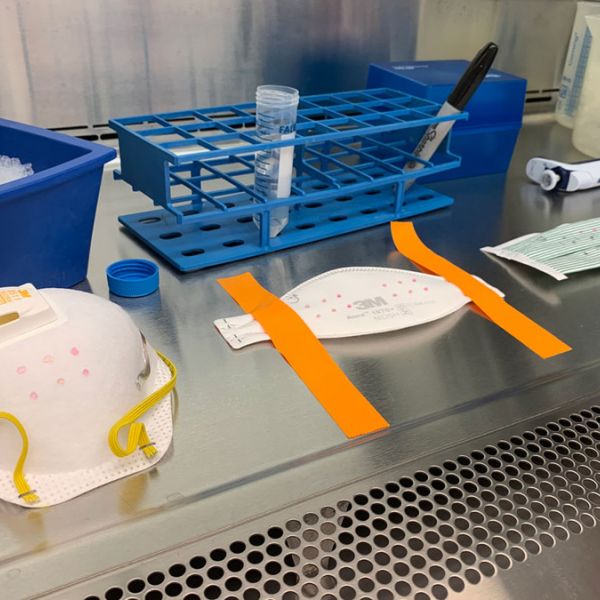
Apr 27, 2020
New decontamination protocol permits reuse of N95 respirators
The COVID-19 pandemic has created a shortage of personal protective equipment, including “N95” respirators, needed by frontline healthcare providers. A new protocol using aerosolized hydrogen peroxide to decontaminate N95 respirators could allow them to be safely reused in some hospital settings, where the disinfectant is already being used for other decontamination purposes.
Full Article
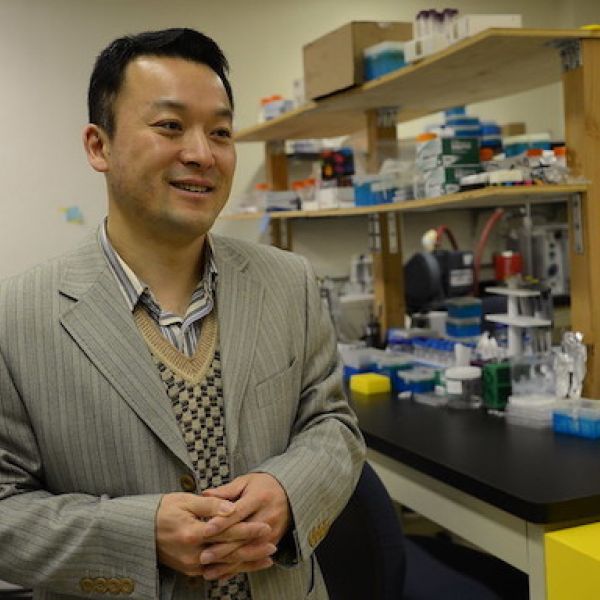
Apr 27, 2020
Penn State engineer aims to tackle COVID-19 from two angles
To combat COVID-19 in both the treatment and testing arenas, Yong Wang, Penn State professor of biomedical engineering, has received two grants from the Huck Institutes of the Life Sciences COVID-19 multi-institute seed grant fund.
Full Article
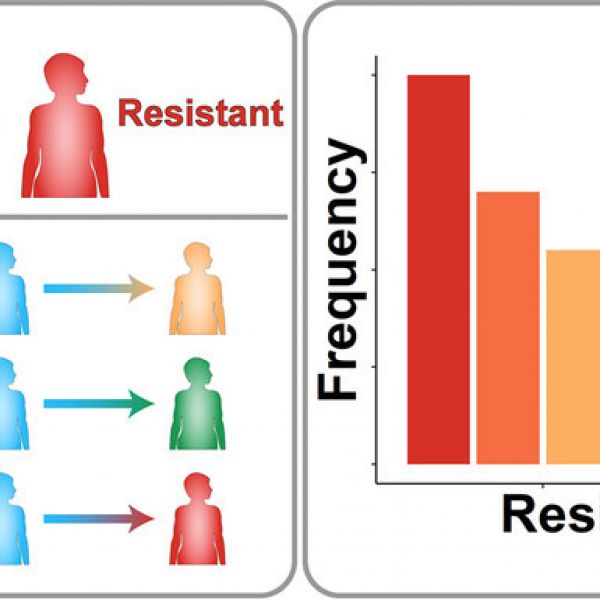
Mar 26, 2020
Engineers model mutations causing drug resistance
Whether it is a drug-resistant strain of bacteria, or cancer cells that no longer react to the drugs intended to kill them, diverse mutations make cells resistant to chemicals, and "second generation" approaches are needed. Now, a team of Penn State engineers may have a way to predict which mutations will occur in people, creating an easier path to create effective pharmaceuticals.
Full Article
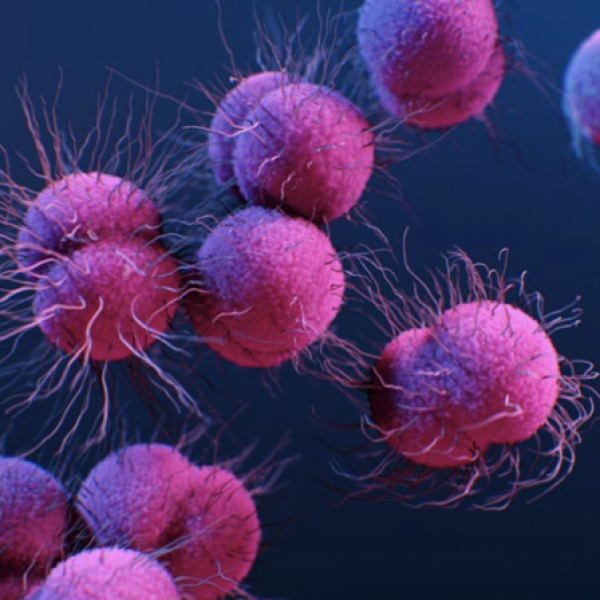
Mar 24, 2020
Developing a novel oral antibiotic to treat multidrug-resistant gonorrhea
Up to $2.86M has been awarded to a research team including Penn State scientists to develop a new oral antibiotic to treat multidrug-resistant gonorrhea, a sexually transmitted disease caused by bacteria that have developed resistance to all but one existing antibiotic.
Full Article
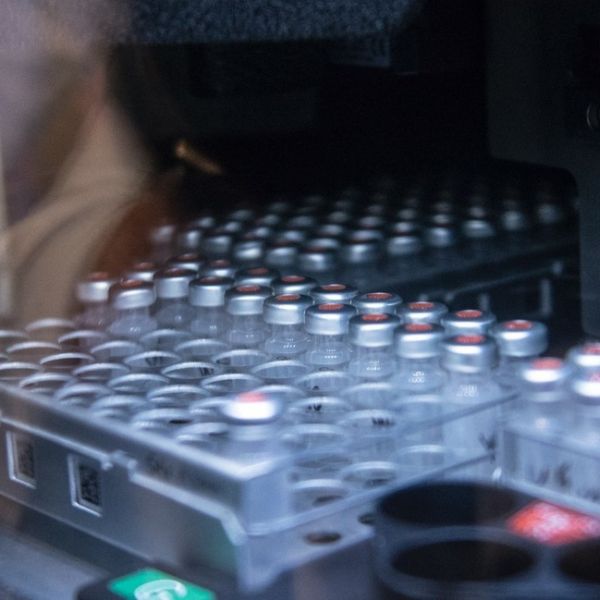
Mar 11, 2020
Listening to your gut: A powerful new tool on the microbiome and cell metabolism
Many aspects of our lives — not only the presence or absence of certain diseases, but conditions like obesity, sleep patterns, even mood — may be determined, to a surprising extent, by the microbes living inside of us.
Full Article
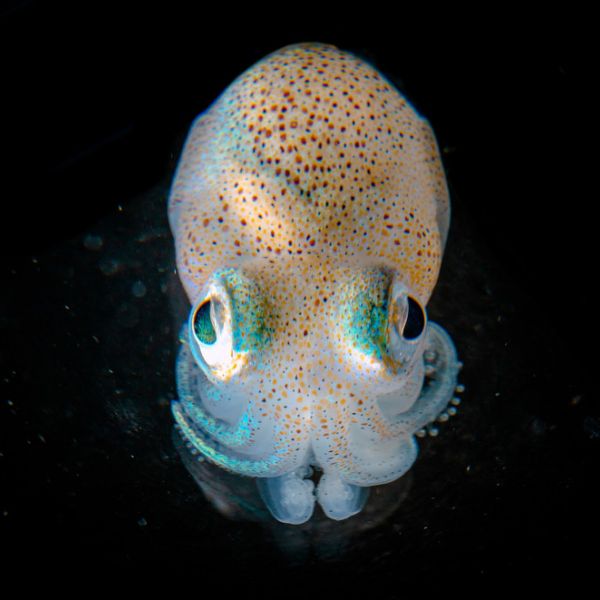
Mar 12, 2020
Gene regulatory factors enable bacteria to kill rivals and establish symbiosis
Two factors that control the expression of a key gene required by luminescent bacteria to kill competing bacterial cells have been identified. The finding, by researchers at Penn State, sheds light on the molecular mechanisms that enable different strains of bacteria to compete and establish symbiosis in the Hawaiian bobtail squid.
Full Article
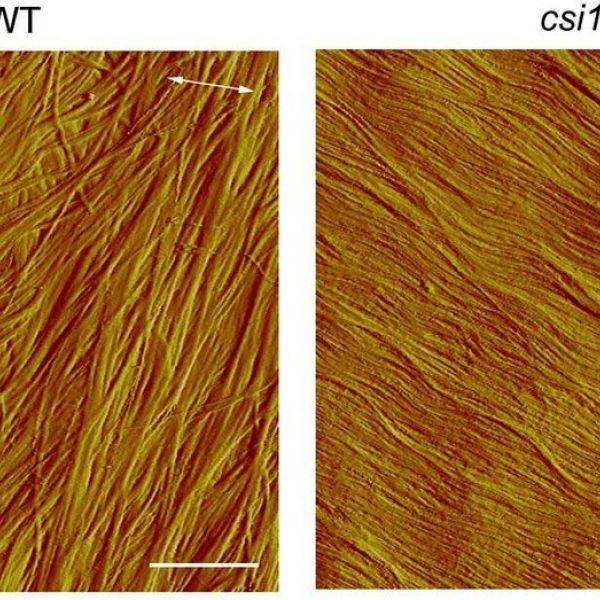
Feb 05, 2020
Herringbone pattern in plant cell walls critical to cell growth
Plant cells tend to grow longer instead of wider due to the alignment of the many layers of cellulose that make up their cell walls, according to a new study that may have implications for biofuels research.
Full Article
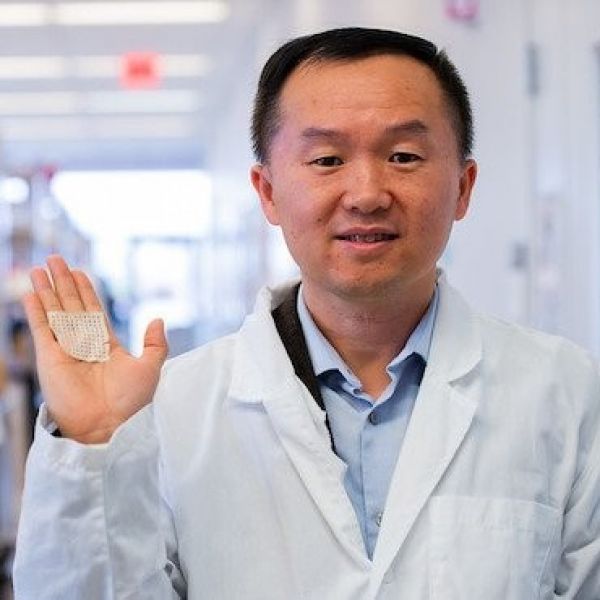
Feb 04, 2020
Academia-enterprise partnership aims to help people with diabetes
Innovative wound dressing would help reduce life-threatening infections, amputations for diabetic patients.
Full Article

Jan 28, 2020
Zhang receives National Science Foundation CAREER Award
Xin Zhang, Paul Berg Early Career Professor of Chemistry and of Biochemistry and of Molecular Biology, has been honored with a Faculty Early Career Development (CAREER) award from the National Science Foundation in recognition of his work to “quantify cellular proteome stress and recovery using chemical methods.”
Full Article
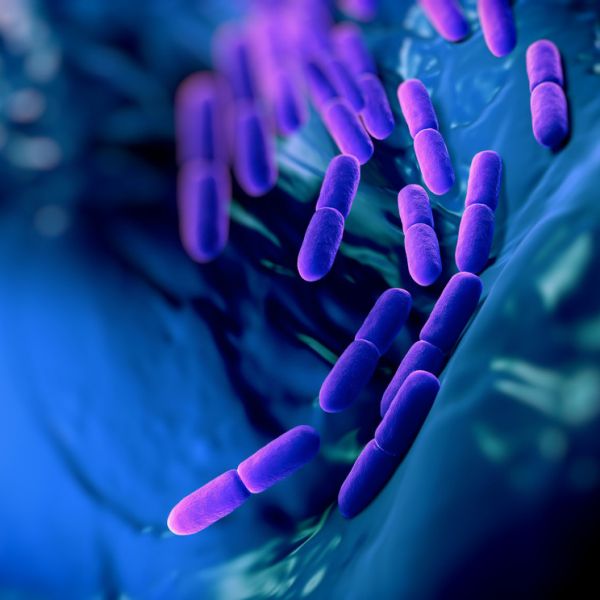
Jan 21, 2020
Persistent environmental contaminant changes the gut microbiome of mice
An industrial chemical — phased out since 2002, but previously used in stain and water-repellent products and firefighting foam — alters the gut microbiome of mice and could have implications for human health, according to an international team of researchers.
Full Article